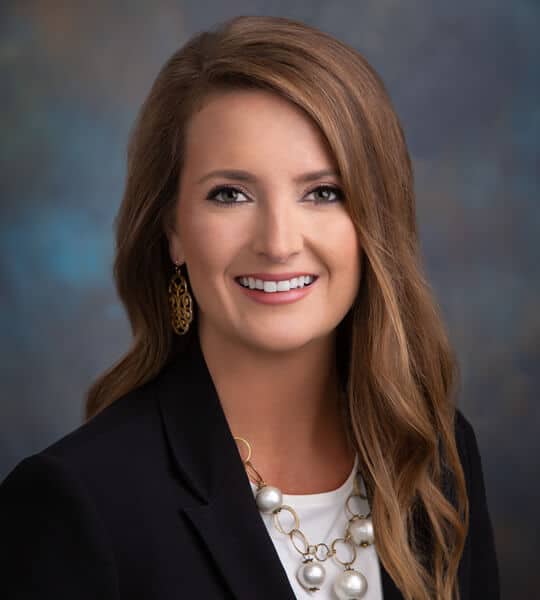As we continue charging through this COVID-19 pandemic, many more homeowners are looking for help financially.
According to the American bankruptcy institution, in April 2020 more than 3.4 million homeowners have entered into plans to forbear their mortgages due to the ongoing pandemic. Just earlier that month there were roughly over one million people doing the same with their mortgages, so the jump was pretty drastic.
The chaos surrounding mortgages and the pandemic is changing the way people are utilizing bankruptcy, particularly with mortgages.
If you are a creditor for Chapter 7 or Chapter 13 bankruptcy for people who have been affected by the COVID-19 pandemic, here are some changes you need to know about:
If you get a COVID relief payment, it is not considered income. When you make payments that are related to COVID-19, under federal law they do not count as the disposable income requirement under chapter 7 bankruptcy code.

There are some trustees for chapter 13 bankruptcy that are agreeing to let there be a second moratorium, as well as further extended time to bring cases, even if the debtor has not qualified for hardship through CARES act.
Due to the pandemic, there are new procedures. Debtors have to be on time for their mortgage payments to their trustees for their principal residence.
If a debtor needs to modify their bankruptcy plan based on how the pandemic has affected them, then everyone needs to work together to agree on the modifications, including the creditors and the trustees and the debtor. All of this needs to happen in a timely manner and a notice of payment change needs to be filed if the loan payments are going to be modified
The creditors for a chapter 13 bankruptcy need to be in close communication with the debtor to set a modification for the loan or deferment or forbearance. Any deferments based upon the COVID-19 pandemic may involve the debtor paying the mortgage right to the creditors.
The CARES act provides foreclosure relief for loans that are federally backed. The process of foreclosure in its entirety could not be initiated in any way for 60 days past March 18 of 2020. This is a federally backed loans foreclosure process that this applies to and does not have any bearing on state mandated foreclosures.
If a borrower has a mortgage loan that is federally backed, they can request a forbearance on the mortgage payments for up to 180 days if the borrower was impacted by the COVID-19 pandemic. The CARES act provides this flexibility. It also allows for protection of tenants from being evicted if the owner of a multi-family property of five or more units has filed for forbearance.
If a landlord wanted to file for eviction of a “covered dwelling“, they would not be able to do so during this 120 day timeline that started on March 27, 2020. The definition of a covered dwelling is a building that is backed by a federal mortgage loan or that has particular federal housing programs. The applies again to federally backed loans. It is not the same as state mandates.
Lastly, under the CARES act, student loan payments have been suspended and the interest has been waived. This began on March 13 of 2020 and has been extended to the end of the calendar year. Chapter 13 bankruptcy plans are giving space for debtors to make payments for student loans which is important because the CARES act relief for student loans wouldn’t affect payments owed outside of a chapter 13 plan.
Please reach out to our bankruptcy lawyers at Hall & Navarro to learn more about these changes and how it might affect you.


